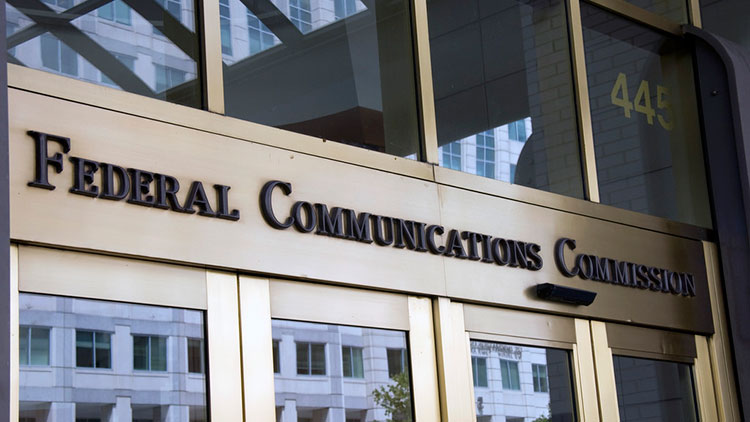Pai to Congress: Set-Top Docket to Remain Open

The smarter way to stay on top of broadcasting and cable industry. Sign up below
You are now subscribed
Your newsletter sign-up was successful
FCC Chairman Ajit Pai has told Congress he does not plan to close the set-top box docket, but signaled that was because it could still have some deregulatory legs.
That came in a letter released April 21 in the FCC's periodic batch of chairman responses to congressional inquiries.
Republican members of the House Energy & Commerce Committee had asked Pai to close the docket after FCC chairman Tom Wheeler was unable to get three Democratic votes for his "unlock the box," then "unlock the app" proposals.
Related: FCC's Pai Plans Digital Diversity Empowerment Committee
Pai did not support Wheeler's approach and reiterated that in the letter.
"I share your goal of promoting a clear, consumer-focused, fair, and competitive regulatory path for video programming delivery," he wrote. "Because I do not believe that the set-top box Order circulated by my immediate predecessor furthered this goal, I have removed it from circulation. As such, it is no longer pending before the Commission, and I do not intend to resurrect it."
The Republicans had said the docket should be closed because it was regulatory overhang, but Pai signaled it should remain open because there was some related regulatory overhang that could potentially be removed by doing so.
Related: Ajit Pai Charts the Future
He said he agreed with closing dockets no longer under active consideration, but that it would be premature to put the set-top item in that category because in the Notice of Proposed Rulemaking, which never got voted, there were unrelated issues teed up, including and in particular, on whether the FCC should eliminate the CableCARD reporting requirement.
The smarter way to stay on top of broadcasting and cable industry. Sign up below
In 2005, the Commission started requiring that the six largest cable operators report every quarter (technically 90 days) on "CableCARD deployment and support," in part given the FCC decision to eliminate the ban on integrated set-tops, that is set-tops that united the security and channel surfing functions. The CableCARD regime was created as the separate hardware-based security portion of those separated functions in hopes that its availability would prompt a retail market in set-tops to compete with MVPD rentals, something the FCC conceded never really happened.
Contributing editor John Eggerton has been an editor and/or writer on media regulation, legislation and policy for over four decades, including covering the FCC, FTC, Congress, the major media trade associations, and the federal courts. In addition to Multichannel News and Broadcasting + Cable, his work has appeared in Radio World, TV Technology, TV Fax, This Week in Consumer Electronics, Variety and the Encyclopedia Britannica.

